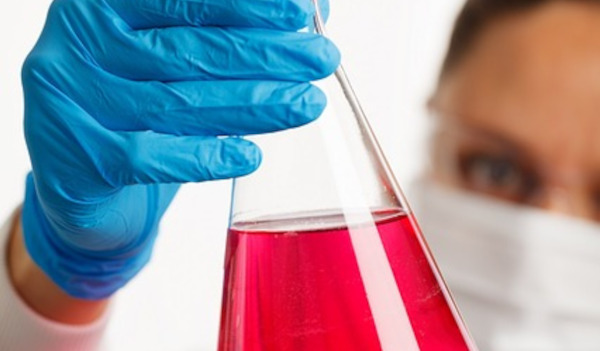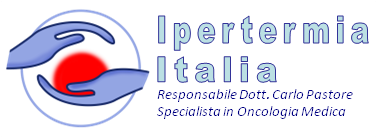Ipertermia ed epatocarcinoma
Ipertermia efficace nel contrasto delle metastasi dell'epatocarcinoma
 Ricercatori cinesi hanno evidenziato come l'ipertermia possa inibire le attitudini di invasività e tendenza alla diffusione di cellule di epatocarcinoma. Un ulteriore passo in avanti nella comprensione delle molteplici interazioni tra calore e genoma nella lotta alla patologia tumorale.
Ricercatori cinesi hanno evidenziato come l'ipertermia possa inibire le attitudini di invasività e tendenza alla diffusione di cellule di epatocarcinoma. Un ulteriore passo in avanti nella comprensione delle molteplici interazioni tra calore e genoma nella lotta alla patologia tumorale.
Dr. Carlo Pastore
PLoS One. 2013 Apr 22;8(4):e61079. doi: 10.1371/journal.pone.0061079. Print 2013.
Hyperthermia-Induced NDRG2 Upregulation Inhibits the Invasion of Human Hepatocellular Carcinoma via Suppressing ERK1/2 Signaling Pathway.
Guo Y, Ma J, Wu L, Wang Q, Li X, Li X, Zhang Y, Zhang J, Yao L, Zhang J, Liu W.
Source
Department of Oncology, State Key Discipline of Cell Biology, Xijing Hospital, the Fourth Military Medical University, Shaanxi, China.
Abstract
Hyperthermia (HT) has been proven to be able to alter the invasion capacity of cancer cells. However, the detailed mechanisms responsible for the anti-metastasis effects of HT have not been elucidated. N-myc downstream-regulated gene 2 (NDRG2), as a member of the NDRG family, has been suggested to be highly responsive to various stresses and is associated with tumor suppression. The present study aimed to investigate the biological role of NDRG2 in the invasion of human hepatocellular carcinoma (HCC) cells exposed to HT. We found that NDRG2 could be induced by HT at 45°C. In addition, NDRG2 overexpression inhibited the expression of matrix metallo proteinases-2 (MMP-2) and MMP-9 as well as the invasion of HCC cells, whereas knockingdown NDRG2 reversed the anti-invasion effect of HT in vivo. Further investigation revealed that the phosphorylation level of ERK1/2, but not that of JNK and p38MAPK, was reduced in NDRG2 overexpressing cells. Moreover, the knockdown of NDRG2 expression resulted in increased cell invasion, which was rescued by treating the HepG2 cells with the ERK1/2 inhibitor PD98059, but not with the p38MAPK inhibitor SB203580 or the JNK inhibitor SP600125. Finally, the synergistic cooperation of HT at 43°C and NDRG2 expression effectively reduced cytotoxicity and promoted the anti-invasion effect of HT at 45°C. Taken together, these data suggest that NDRG2 can be induced by HT and that it mediates the HT-caused inhibition of invasion in HCC cells by suppressing the ERK1/2 signaling pathway. The combined application of constitutive NDRG2 expression with HT may yield an optimized therapeutic benefit.

 RSS
RSS 





